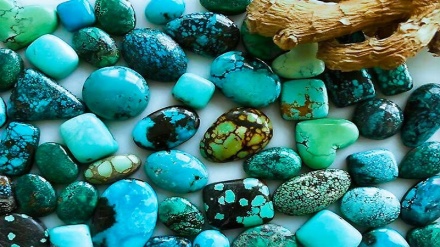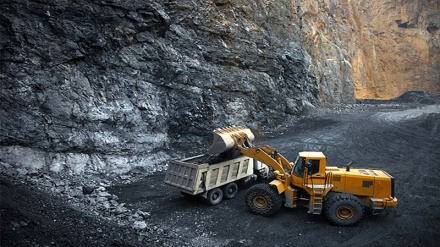Iranian Market (33)
Welcome to this edition of the Iranian Market. In this episode, we’re going to have a brief look at Iran’s industry of producing paint, resin, and adhesives as well as the activities of some science-based companies which work in this field.
Chemicals are the inseparable part of today’s life. There are few industries that do not contain chemicals as the basic or medium material. In producing cement, engine lubricants and self- healing asphalt to pharmaceutical and cosmetic industries like toothpaste and shampoo, chemicals are used. That is why chemical industry is considered as the “industry of industries”.
The growth in the products of this industry has had a dramatic effect on employment, trade and economic growth of any country. Because of the growing demand for chemical products in recent decades, the value of these products has grown from 171 billion dollars in 1970s to about five trillion dollars in 2012.
From among the chemical products mention can be made of paint, resin and adhesives. It is not clear who invented industrial paint for the first time. Before the production of industrial paint all needed colors were obtained from plants and some minerals like rubia, henna and lazuli. Professional painters obtained their required paint traditionally and based on the past generations’ experiences.
Through the course of time, usage of minerals in making paint became common and the method of pigmentation wad used.
Today, there are about 40 million tons of paint around the world worth approximately 120 billion dollars. The global export rate of paint in 2014 was 54 billion dollars.
The record use of industrial paint in Iran goes back to less than a century ago. Before that, skillful painters used mineral or herbal materials for making paint.
Iran’s first paint unit was established in 1939. In those times, factories produced oil paints using herbal oil and mineral powder. By adding several units in this field, the painting industry was completely established in Iran. These companies gradually made a vast range of products.
Today there are more than 350 industrial units in Iran with the capacity of almost one million ton per year which produce different types of industrial paints.
Iran’s exported paints are mostly for construction and decoration purposes that are exported to Afghanistan, Iraq, Turkmenistan and Kazakhstan.
The main part of the paint in regional countries is used for construction coating.
Among the ingredients used in paints is a sticking material called resin. In 2014, about 85 billion dollars of global exports were allocated to this material. Resin is the basic material used in paint industry.
Natural resin is obtained from herbs and thousands of years ago human beings extracted this material from different trees like pine. It has colors ranging from very bright to dark brown. It also varies in firmness. Some types of resins are volatile because of their unstable components. Plant resins are valued for the production of varnishes, adhesives, and food glazing agents. With the advancement of technology and discovering polymers, researchers made synthetic resins. Synthetic resins are chemically synthesized materials with properties similar to natural plant resins.
They are viscous liquids capable of hardening permanently. Chemically, they are very different from resinous compounds secreted by plants.
Today, Iran’s resin industry includes 120 industrial units that produce 750 thousand tons of synthetic resin per year and export them to different countries around the world.
Polymer Iran chemical and industrial group is one of the active firms that produce resin. This complex based on its experts’ knowledge is one of the biggest producers of resin and chemical products in West Asia.
Another example of successful companies in this field is Fadak Technology Complex.
Fadak Technology Complex is a collection of research, manufacturing, and implementation groups that have been active in the production of advanced chemicals since 2004. Industrial production of 8 types of products with special formulation were launched for the first time in the country.
Fadak Technology Complex is the only one in the West Asia with 6 national awards on nanotechnology and advanced silicon production. The Fadak Group is currently concentrating on Nano-silica production.
AE/RM/SS


